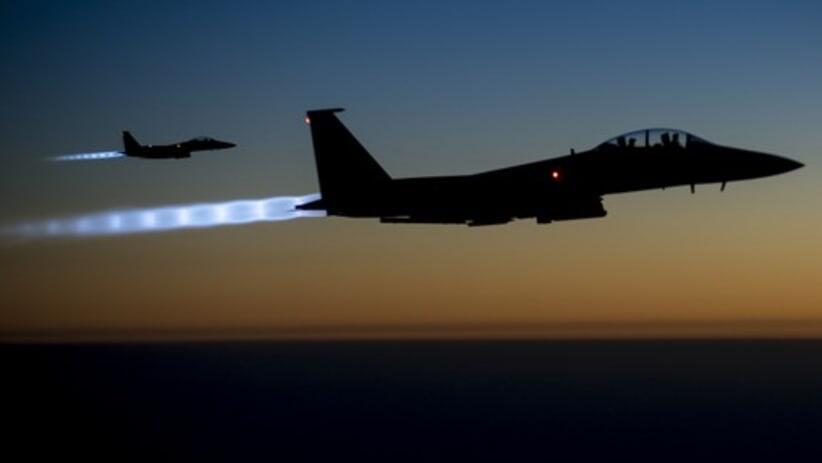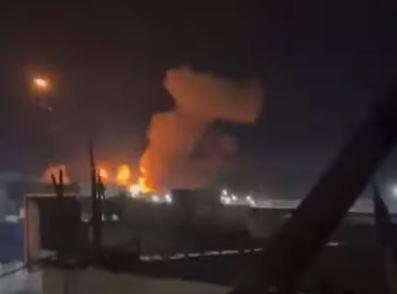Getting your Trinity Audio player ready...
Despite all of U.S. President Joe Biden's attempts to walk between the raindrops and avoid a significant entry into the escalating conflict in the Middle East in an election year, it seems that the rain that has been washing over us in recent days is also reaching Washington.
Read more:
Two days after the attacks against pro-Iranian militia bases in Iraq and Syria, on Saturday the US Air Force, in cooperation with Britain, carried out large-scale attacks against dozens of sites of the Houthis in Yemen. The attacks continued Sunday as well, marking three days of continuous American and British fire in the area.
American and British warplanes, as well as U.S. Navy cruise missiles, attacked 36 targets in northern Yemen, damaging weapons storage facilities and missile systems and launchers. Australia, Bahrain, Denmark, Canada, the Netherlands and New Zealand provided intelligence and logistical support.
U.S. National Security Advisor Jake Sullivan said Sunday that "the American attacks will continue as long as the threat to the United States from any organization or any country continues." When asked if an attack inside Iran, as demanded by extreme Republicans in Congress, is on the table, Sullivan stated that "it is very easy to demand military measures when you do not have to make the decisions. However, when I appear on television I do not rule out or confirm any response, nor confirm or deny what is on the table and what is not."
A spokesman for the White House, John Kirby, also said yesterday that "the attacks we saw were only the first phase, they will continue."
The Houthis on Sunday promised to respond and said "We condemn the American-British aggression against Sanaa and the provinces of Hajjah, Saada, Taiz and Al-Bidaa and consider it a violation of international law. The illegal presence of the United States and Britain in the Red Sea and the Arabian Sea is one of the forms of occupation that all the countries in the region must fight against."
Iranian Foreign Minister Hossein Amir Abdullahian warned: "Do not test the patience of the region. We consider the security of Iraq, Syria, Yemen and Palestine part of the security of the region."




